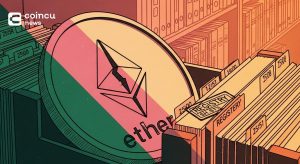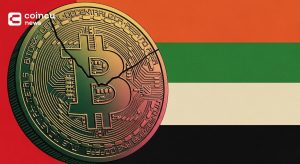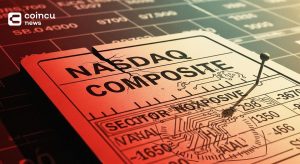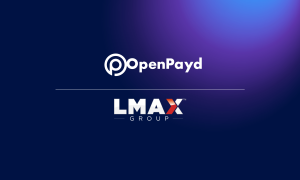Telekom and Bankhaus Metzler Tackle Bitcoin Mining Infrastructure With Excess Energy
Key Points:
- Deutsche Telekom’s MMS and Bankhaus Metzler launched a pilot project to mine Bitcoin mining infrastructure using surplus renewable energy that would otherwise go unused.
- The project aims to balance Germany’s energy grid by converting excess wind and solar power into Bitcoin, following successful models in the U.S. and Finland.
- Bankhaus Metzler explores blockchain potential, aiming to lead digital asset services with insights from this groundbreaking energy-to-digital value project.
Deutsche Telekom subsidiary MMS, in collaboration with Bankhaus Metzler, is launching a pilot project for Bitcoin mining infrastructure by using excess renewable energy.
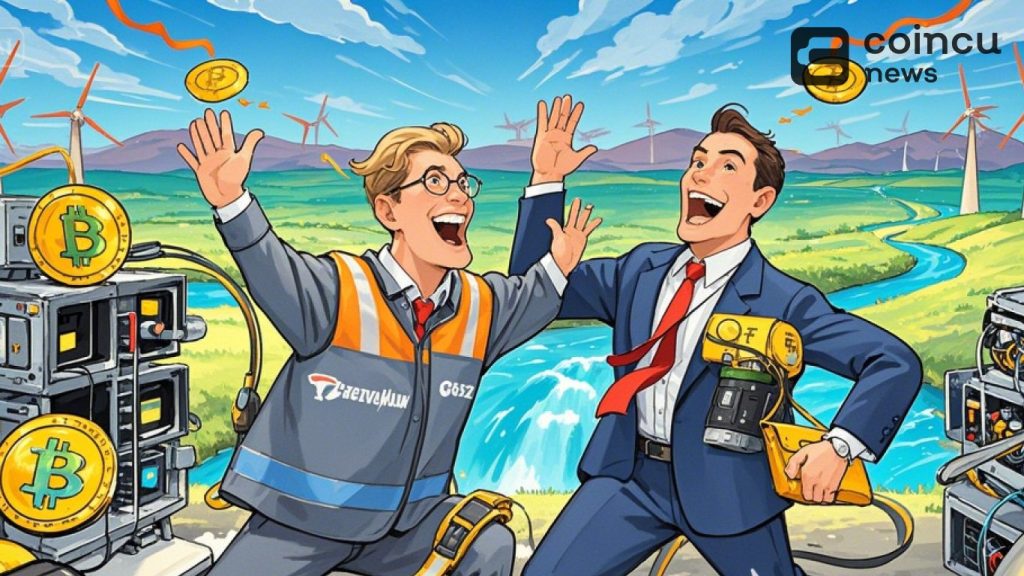
Harnessing Surplus Renewable Energy for Bitcoin Mining
It will utilize surplus electricity generated from sources such as wind and solar, which are not used due to grid constraints, to mine Bitcoins sustainably and profitably. Mining is hosted by Metis Solutions GmbH in Dresden, while the mining containers are at the facility of Riva GmbH Engineering in Backnang, which also produces its electricity from a photovoltaic system.
Since the production of renewable energies is growing, so is the demand to regulate power to stabilize the grid during irregular peaks in production that are driven by weather conditions. With a flexible load, the capacity of Bitcoin mining infrastructure can work to balance supply and demand on the grid, a balancing act that has already been tested in countries like the U.S. and Finland. In that respect, utilizing excess energy in generating value digitally may provide one giant leap toward energy grid stability with what Oliver Nyderle termed “digital monetary photosynthesis” and the Head of Digital Trust & Web3 Infrastructure at Deutsche Telekom MMS.
Read more: Bitcoin Mining Facility Shutdowns In Minnesota Over Noise Concerns
Exploring Blockchain Applications in Financial Services
Bankhaus Metzler’s involvement underlines a broader interest in blockchain applications beyond classic finance. This project aligns with our strategy to embrace blockchain technology for improving operational efficiencies across industries, says Hendrik König, Head of the Digital Assets Office at Bankhaus Metzler.
This pilot is also part of Deutsche Telekom’s ever-growing array of Bitcoin mining infrastructure plans, with MMS already supporting a variety of decentralized protocols since 2020. This data and insight collected will go a long way in determining the future projects the firms will delve into while also considering how Bitcoin mining infrastructure will be a sustainable energy solution that will continue to drive innovation in blockchain in Germany.
| DISCLAIMER: The information on this website is provided as general market commentary and does not constitute investment advice. We encourage you to do your own research before investing. |







